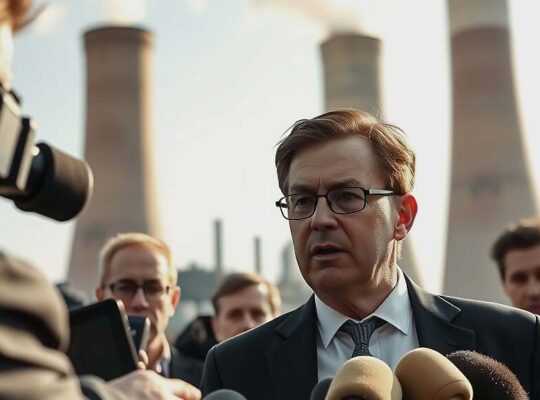A significant reshuffle is underway within the Schleswig-Holstein government, forcing Minister-President Daniel Günther of the CDU to rapidly adjust his cabinet composition. The unexpected departures of both Interior Minister Sabine Sütterlin-Waack and Agriculture Minister Werner Schwarz, both long-serving CDU members, are attributed to planned retirements, according to reports from NDR.
The simultaneous exits raise questions about the timing and potential underlying factors influencing the decisions of these senior figures. While officially cited as retirement, observers speculate whether internal pressures or a desire to refresh the government’s direction played a role. The sudden nature of the announcements, occurring close to other significant political deadlines, adds to the speculation.
Potential successors have already been identified, signaling a deliberate plan orchestrated by Günther. Magdalena Finke, currently the Interior Secretary, is considered the frontrunner to replace Sütterlin-Waack, suggesting a continuation of existing policies within the ministry. The selection of Cornelia Schmachtenberg, an agricultural scientist, as a potential replacement for Schwarz indicates a possible shift in focus towards more science-based approaches within the agriculture sector; a move that may signal a response to growing concerns over sustainable farming practices and climate change adaptation in the region.
The reshuffle arrives at a period of heightened political scrutiny for Günther’s government. Recent debates surrounding regional infrastructure spending and environmental regulations have exposed potential fault lines within the ruling coalition and the cabinet change is widely interpreted as an attempt by Günther to solidify his leadership and address these emerging challenges.
Günther is expected to formally announce the cabinet changes later today, providing further details on the rationale behind the restructuring and the anticipated policy adjustments under the new ministerial leadership. The move will be watched closely across Germany as a barometer of stability and direction within one of the country’s key states.












